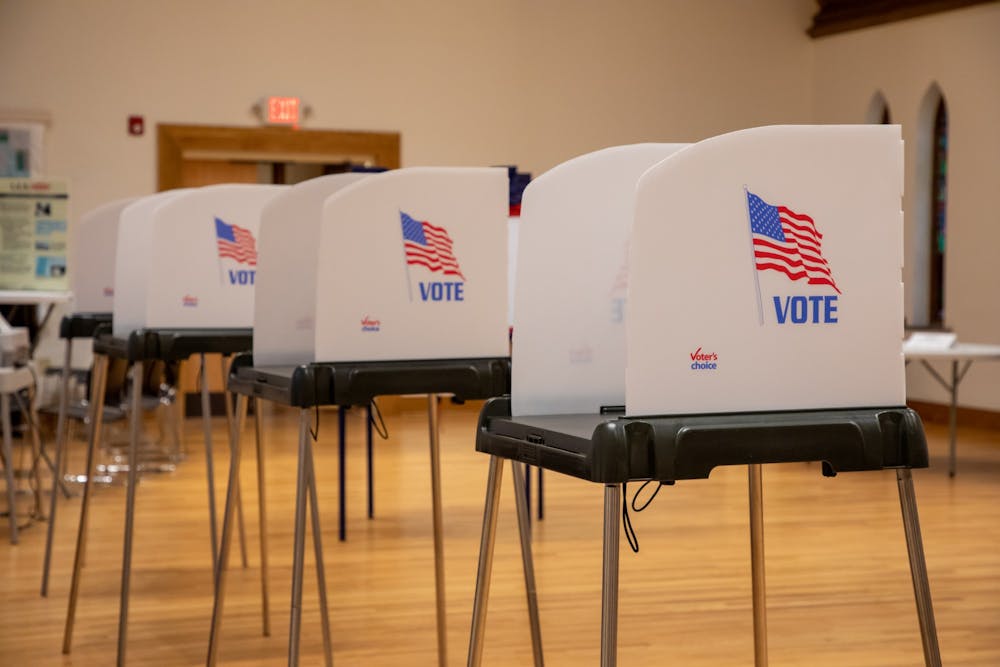This year's primary election will happen in May, after many students leave Chapel Hill to return to their hometowns or embark on summer travels.
For students spending the majority of their year in Chapel Hill, and are registered to vote in Orange County, voting in this election may prove unjustly burdensome.
North Carolina has placed numerous restrictions on mail-in voting, such as no longer allowing voters to submit ballot request forms via email or fax, a shorter post-election grace period and reduced ability to fix errors on ballots.
Absentee ballots are crucial to making sure the Chapel Hill community is heard, especially by the students who live and work in the town for the majority of the year. This is especially crucial for out-of-state students registered where they go to school, as well as UNC students living in Chapel Hill, but registered in their hometown.
Since the primary occurs after students move off campus, the only way out-of-state students can vote in the N.C. primary is if they mail it in. Placing restrictions on mail-in voting discourages people from participating in an election they otherwise would have participated in.
Historically, young adults have voted at lower rates than older cohorts, signifying that the State Board of Elections should do more to ensure that the young population has fewer barriers against voting instead of more.
There is a misconception that younger people don’t vote because they’re apathetic or politically disengaged, but this is far from reality. Younger people are more likely to report that they experienced barriers in voting such as not being able to get off work, not receiving their ballot in time or trouble finding and accessing their polling place.
With the election being in May, this is when students need resources and support.
Without proper civic education, the student population might not be adequately represented.




